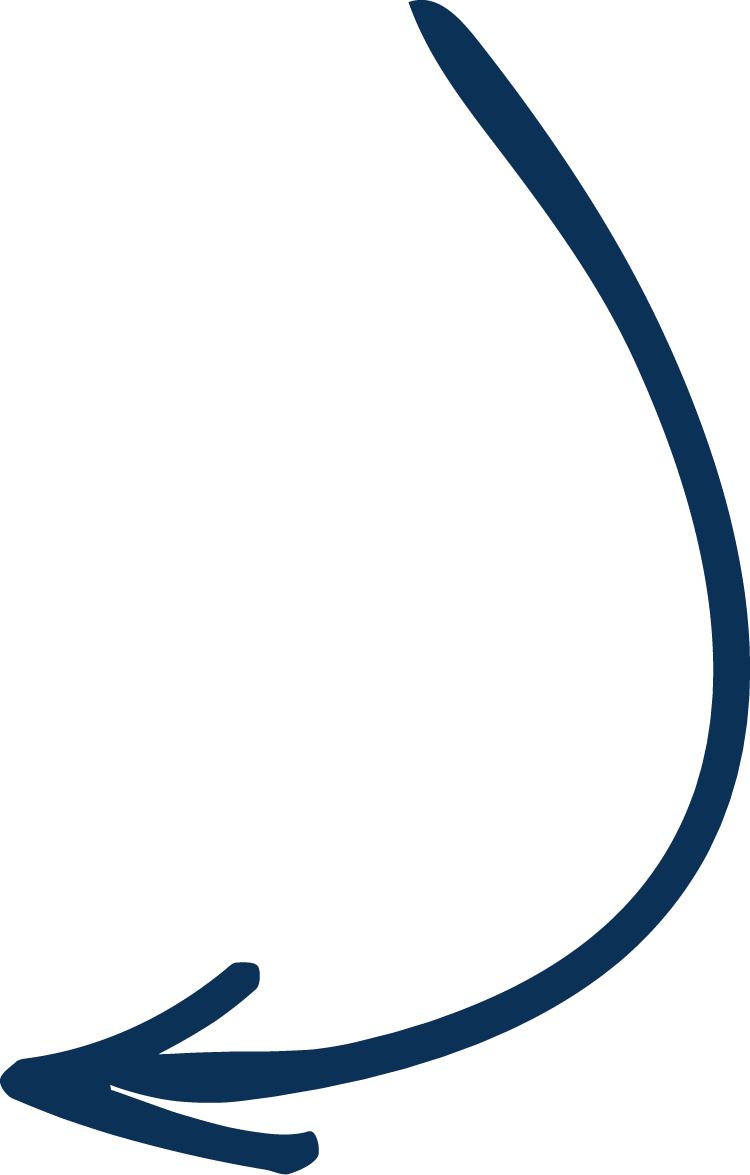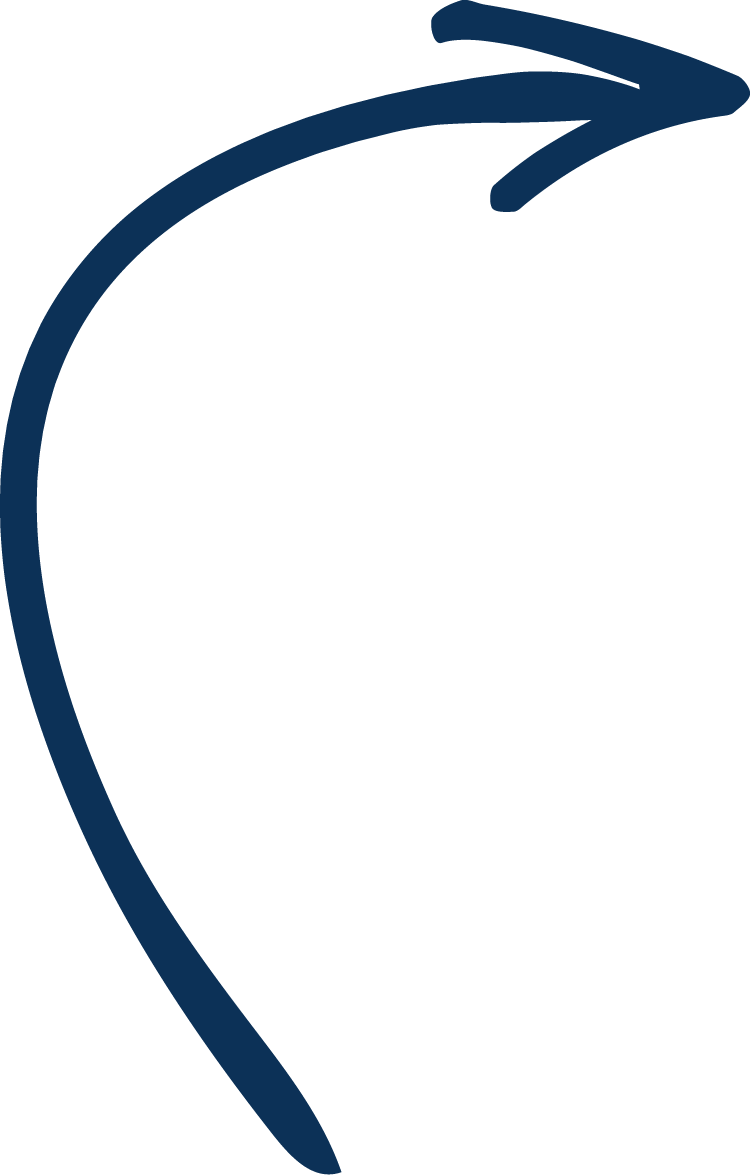Workshops
The Start Culture Shift Curriculum® is designed specifically to focus on the skills that matter most to one’s career and the success of an organization. Investing in targeted skill development in communication and collaboration skills accelerates growth and development on all fronts – individual, team and organization, and can be transformational to one’s work and personal life.
Characteristics of a Strong Work Culture
COMMUNICATION SKILLS
Building Connections & Relationships
Open & Honest Communication
Continuous Learning & Growth
Collaboration & Accountability
Engaged & Empowered Employees
COLLABORATION SKILLS
Working Smarter & Increasing Productivity
Why Start Culture Shift?
CustomizedEach Culture Shift Curriculum workshop can be customized to fit the needs of your team, organization or industry such as private markets, tech, energy, professional services, etc.
FlexibleWorkshops are taught in-person, with some available virtually and on-demand. Post-workshop coaching is available as an add-on service to accelerate skill development and help transition from new habits to everyday practices.
ActionableThe Start Culture Shift curriculum is designed so that you can apply your learnings immediately. Shift your work culture from day one by being in control of how you build connections and work with others.
Offerings
Communication Skills
In an environment where people have the skills to communicate openly, they are able to connect with each other more effectively, leading to increased employee engagement and a strong work culture. In this series of workshops, I focus on:
Understanding different communication styles
Asking for and sharing feedback
Navigating difficult conversations
Strengthening emotional intelligence
Together, these skills promote a healthy work culture where employees feel heard, and are prepared to start collaborating effectively.
-
Working title: Communicating, Connecting and Building Relationships
Topics and skills covered:
Build self-awareness to identify your communication style
Flex your communication style to connect with others
Increase your influence with others who communicate differently than you do
Outcomes of applying learnings:
Greater self-awareness
More effective cross-functional collaboration and innovation
Accelerated connection with others that serve as a foundation for long-term, trusting relationships
-
Working title: Accelerating Growth through Feedback
Topics and skills covered:
Reframe feedback from a critique of past performance to an accelerator of growth, development and collaboration
Explore the concept of growth mindset
Learn and practice simple frameworks to give and receive feedback
Outcomes of applying learnings:
A path forward to giving and receiving helpful information that accelerates progress
Clarified expectations
With practice, a team culture where future focused feedback on a work assignment or behavior is welcome and a normal part of day-to-day conversation
-
Working title: Navigating Challenging Conversations
Topics and skills covered:
Explore common obstacles that cause us to avoid conflict or stumble through difficult conversations unsuccessfully
Practice listening and inquiry techniques that help us to better understand other perspectives
Understand the role of identifying a mutual goal
Have a roadmap for navigating a difficult conversation, including things to avoid saying or doing
Outcomes of applying learnings:
Having greater confidence that addressing a challenge or conflict will result in a positive outcome
Not avoiding difficult conversations
Increased productivity and trust with your colleagues
-
Working title: Investing in Yourself and Your Emotional Intelligence (EQ)
Topics and skills covered:
Explore the concept of EQ and its impact on our ability to navigate difficult emotions
Identify and recognize common EQ obstacles such as thinking patterns and stories we tell ourselves
Increase our self-awareness
Learn a framework to help avoid burnout and better manage our energy
Outcomes of applying learnings:
Improved EQ by practicing techniques that help navigate challenging emotions
Appreciating the connection between greater self-awareness, continuous learning and happiness
Being more resilient
Improved relationships with others
Collaboration Skills
Collaboration skills go well beyond “getting along with others.” (If you have strong communication skills, you generally have that covered.) Collaboration skills are the critical thinking capabilities that allow you to add value when working with others. In this series of workshops, I focus on:
Knowing the right questions to ask
Navigating change with your colleagues
Finding the right balance between the tactical and strategic parts of your role
Leading hybrid and remote teams
These skills will help employees play to their strengths and appreciate the strengths of others, increasing efficiency, creativity, and effectiveness in the workplace.
-
Working title: Solving the Problem Behind the Problem
Topics and skills covered:
Critical thinking skills
Identify root causes & diagnosing skills
Know the right questions to ask when problem solving
Improve problem solving with the use of checklists
Outcomes of applying learnings:
Not jumping to solutions too quickly and appreciating the role of listening
More effective cross-functional collaboration and innovation
Delivering more value to clients, colleagues & friends
Increased credibility and trust
-
Working title: Navigating Change and Making Better Decisions
Topics and skills covered:
Understand how people experience change
Decision making frameworks to help navigate change resulting in better decision making
Guidance and tools for managers to support others through change
Communicating change
Outcomes of applying learnings:
Have a roadmap for navigating change
Increased success when managing change by knowing what to avoid
Improved decision making
Supporting others through change as a colleague, manager, leader or friend
-
Working title: Prioritizing with a Strategic Lens
Topics and skills covered:
Understand the role of strategic planning when prioritizing
Differentiate between tactical and strategic planning
Apply a framework to prioritize and re-evaluate what’s on your to-do-list
Review common criteria to consider when evaluating strategic priorities
Outcomes of applying learnings:
A more strategic approach to managing your workload; making better trade-offs when deciding how to spend your time
A repeatable and systematic approach to prioritizing
For those who manage teams, having a better sense of what to delegate
Higher likelihood of meeting your goals
-
Working title: Leadership in Hybrid and Remote Environments
Topics and skills covered:
What successful leaders in hybrid and remote environments prioritize
The role of asynchronous work and feedback in enabling productive collaboration
Building relationships with your staff when onboarding and building connections with them
Outcomes of applying learnings:
Accelerated connections with your team and colleagues
Having a formula to engage with your team asynchronously so that feedback is given in a timely fashion and expectations are regularly revisited and clarified
Increased levels of trust with your team


